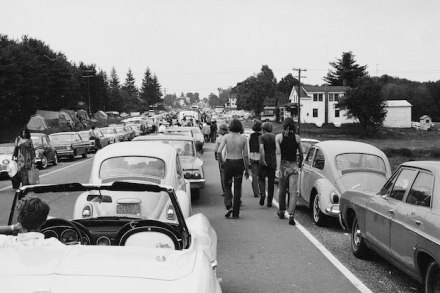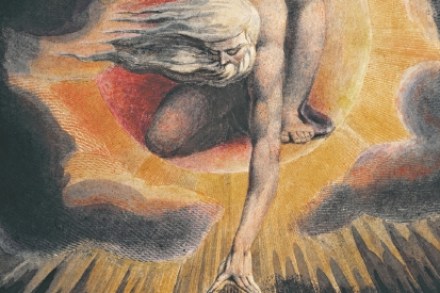Tainted love | 23 March 2016
In 1963, when the bloom was still on the rose, Bob Dylan described Woodstock as a place where ‘we stop the clouds, turn time back and inside out, make the sun turn on and off… the greatest place’. Six years later, he wrote in Chronicles: Volume One, ‘Woodstock had turned into a nightmare, a place




















